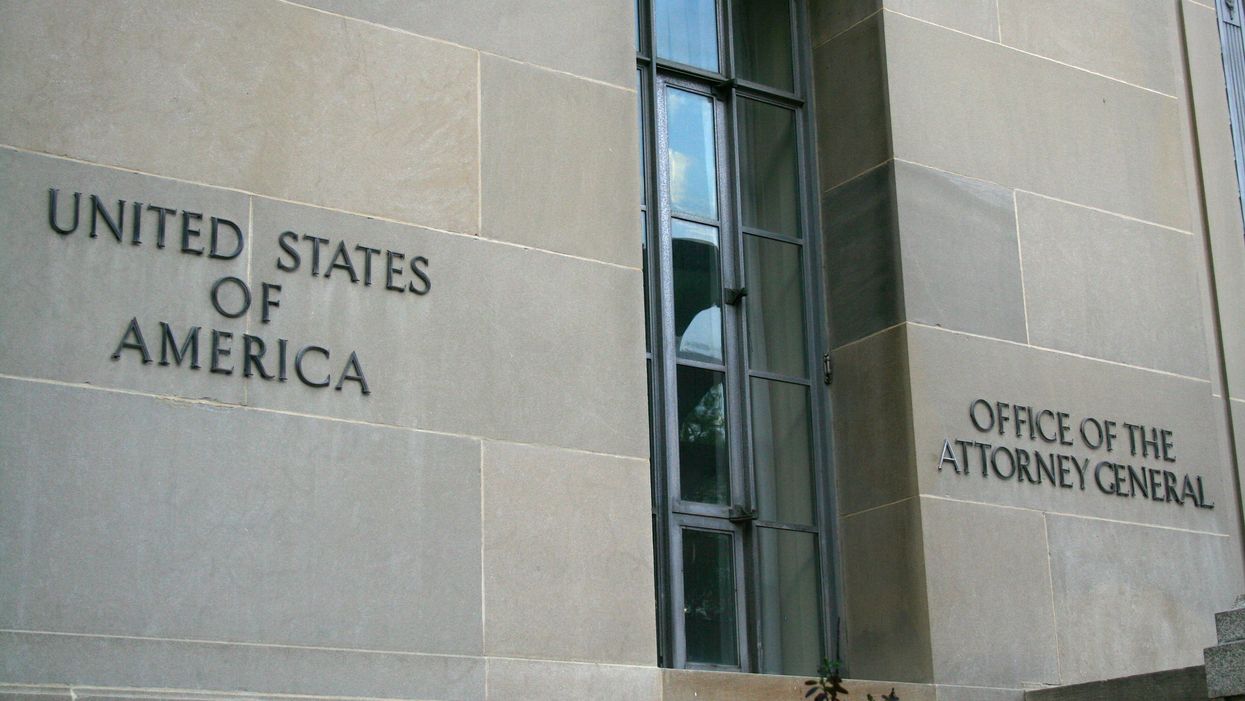Last week, when President Trump complained about Attorney General William Barr's failure to bring charges against his political opponents, the Justice Department lifted restrictions on election-related federal prosecutions. Let's hope these developments do not presage a new kind of October surprise.
Justice Department policy until now has been to prevent election-related announcements, raids or arrests from affecting a campaign. According to ProPublica, federal investigators will now be allowed to investigate certain kinds of fraud before the polls close, even if those actions "risk affecting the outcome of the election."
As we've seen recently, there's no need for actual wrongdoing for an investigation to make news and impact a campaign. Two years ago in Georgia, then Secretary of State Brian Kemp announced, a week before Election Day, an investigation into the state Democratic Party for hacking state computer systems. Kemp was also the Republican candidate for governor at the time, a race he won narrowly.
Subsequent review by the state attorney general found no basis for the fraud allegation Kemp investigated. In a Slate magazine piece, election scholar Rick Hasen called Kemp's "false accusation" the "most egregious partisan action by an election official in the modern era."
It remains to be seen how federal attorneys will apply the new DOJ policy, but the president's anger suggests they may feel pressure to act. Trump has repeatedly insisted without evidence that Democrats are planning massive absentee ballot fraud. Have U.S. attorneys now been asked to go find some evidence?
The situation recalls the controversial firing of nine U.S. attorneys by the George W. Bush administration, dismissals that were driven in part by those attorneys' inability to find and prosecute election crimes.
With the Bush administration firings, many U.S. attorneys were willing to lose their jobs to resist attempts to politicize the Justice Department. If that's still the case, DOJ's policy change won't lead to a rash of "October surprise" headlines.
We may have more reason to worry about secretaries of state. Their responsibility for determining which election-related complaints should be investigated gives them considerable opportunity to affect the news cycle. Secretaries of state are elected or appointed through partisan processes, creating at least the appearance of allegiance between the secretary and a political party. In that context, perception of partisan manipulation is a significant risk.
Elections should not be affected by unjustified October surprises. We need to return to the greater discretion in DOJ's policy, and we need impartial secretaries of state.
Kevin Johnson is executive director of Election Reformers Network and a member of The Carter Center's 2020 Election Expert Study Team. The opinions expressed are his own. Read more from The Fulcrum's Election Dissection blog or see our full list of contributors.




















